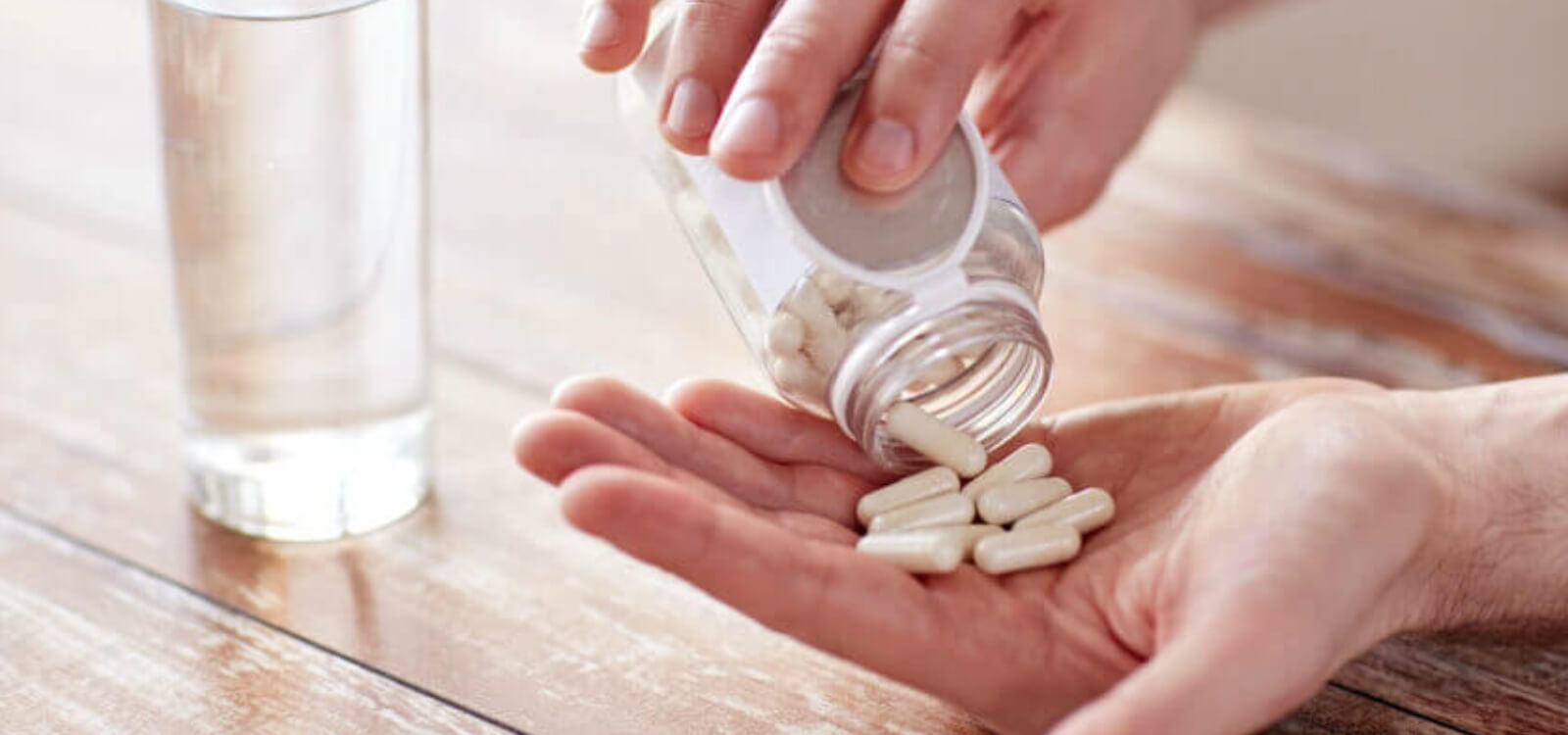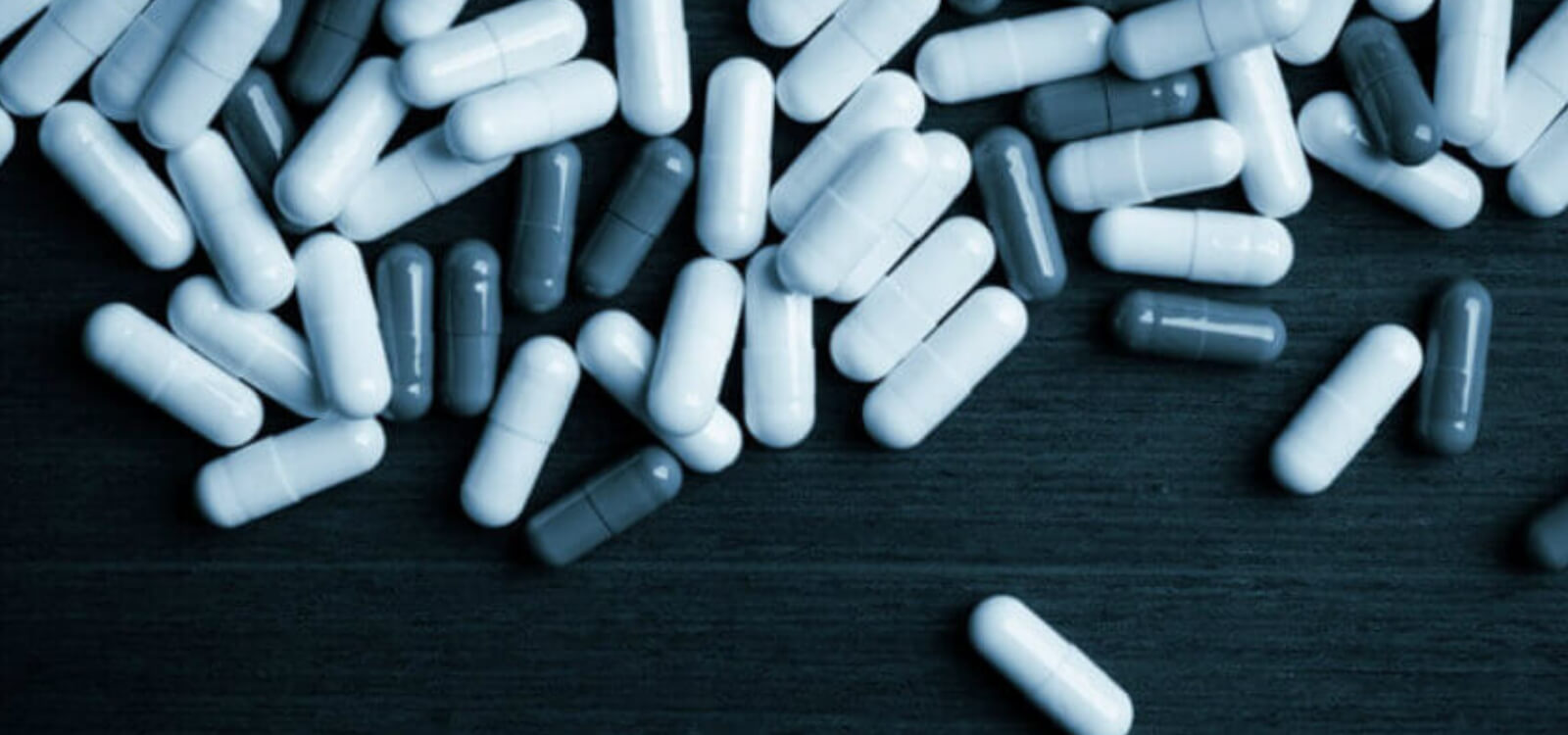Key Takeaways
- L-theanine is a non-nutritive amino acid that’s best known for taking the edge off of caffeine so you can enjoy the benefits without the downsides.
- While normally tested with caffeine, this study found that 200 mg of L-theanine was able to reduce anticipatory and trait anxiety compared to placebo in otherwise healthy people.
- L-theanine has benefits beyond just pairing it with caffeine and tea, and it can be used as a viable anti-stress supplement in its own right.
Tea is, by far, the most commonly consumed non-water beverage in the world.
It’s a bit of an unfair classification though since “tea” just means “put something in water, heat it up, and drink when the water tastes funny” and I’m fairly certain that coffee beans are actually more consumed than either of the two most popular tea products (Earl Grey and Camellia sinensis) but us tea drinkers need something to lord over the coffee master race.
For the longest time that’s been the green tea catechins. Present in all teas made from the Camellia sinensis plant which includes green, white, black, and oolong (and perhaps a few other variants thereof) they have long thought to be the reason behind the unique benefits of green tea.
However, L-theanine flew under the radar for many decades. It only really got more researched in the past decade as “yet another tea component” until studies showing outright synergism with caffeine came up.
Since then, L-theanine is being slipped into many more pre-workouts. And for good reason too, it’s a swell molecule.
Just like in the past where the catechins overshone it, however, it’s now still being overshone as “merely” a caffeine synergist. You’d be hard-pressed to find articles or products talking about it’s standalone benefits when not paired with caffeine or other tea components.
That is because it wasn’t researched much by itself either, until recently.
Today we’re going to delve into one such study conducted by researchers at the University of Shizuoka where L-theanine, and L-theanine alone, showed benefits that can warrant it being slipped into so many more products than just your pre-workout powder.
And honestly, if you coffee drinkers start putting 200 mg of L-theanine into your morning brew you might take away us tea drinker’s best bragging point.
Recommended Reading:
→ 4 Caffeine Benefits & BS “Facts” That Justify Your Addiction
What Did The Researchers Do?

The study we’re investigating today is one where L-theanine, by itself, was used in chronically stressful situations. In this case, 20 fifth year pharmacy students who were assigned to their practices (hospitals or drug stores) were split into 2 groups of L-theanine versus placebo.
Supplementation consisted of 200 mg L-theanine twice a day, one tablet after breakfast and the other after lunch, versus placebo tablets taken at the same times.
The subjects were advised to avoid caffeine and L-theanine containing products such as coffee and tea for the duration of the study just to keep confounds low.
The duration of supplementation lasted for one week prior to being sent to their practices (henceforth “phase 1”) and was kept up for the next 10 days during their times spent at their practices (henceforth “phase 2”.)
So a simple dosage protocol in a relatively stressful situation. How was stress measured?
There were both biological measurements (y’know, enzymes and shit) but also subjective ones (just asking them and shit)—salivary amylase, an enzyme found in the saliva that correlates with cortisol, was taken each day during phase 2 in the morning and evening as a biological measure of anxiety and stress.
Cortisol is a hormone that typically rises in times of physical or mental stress, and if it remains too high for too long it can cause myriad health problems, so it’s a useful proxy for total-body stress.
As for subjective measurements the State-Trait Anxiety Inventory (STAI), a commonly used questionnaire for anxiety in research, was used.
Then all the data was collected to see if L-theanine did anything.
Recommended Reading:
What Were The Study Results?
Ultimately, L-theanine seems to be effective by itself.
When looking at salivary amylase (sAA) levels it was noted that:
- Before being assigned to practice, both groups had similarly normal levels of sAA.
- Supplementation was able to mitigate an increase in sAA in the mornings.
- After a day at their practices there were no major differences between groups.
So according to sAA L-theanine seems to help reduce the anxiety that comes with anticipation somewhat, but may not be long lasting or effective enough to prevent all stress.
When it comes to subjective measurements, it appeared that those with higher trait anxiety (as assessed by STAI) tended to exhibit lower levels of subjective well being—“subjective well being” is the scientific way of saying “how ya feeling? Doing okay?”
In these people, L-theanine supplementation seemed to help improve subjective well being during work. L-theanine didn’t seem to have an effect in individuals who didn’t otherwise have high trait anxiety.
To sum it all up, L-theanine did not work for everybody but in the people who needed it most it seems to help “take the edge off” a wee bit at a dose of 200 mg twice daily. It’s able to do this without caffeine, and does not have sedating effects by itself.
Recommended Reading:
How Does This Compare to Other Research?

The reason this study, in particular, is nice is because L-theanine first came onto the scene as “that thing in tea” and later became “that thing paired with caffeine.” Studies on L-theanine and L-theanine alone are surprisingly hard to come by.
When looking at it in tea we can find meta-analyses and reviews assessing the cluster of “green tea molecules” collectively, there are numerous studies on caffeine and L-theanine paired together, and even trials on L-theanine being added to random nutrient mixes or psychotherapies.
But the only studies that really looked into L-theanine alone were comparative against caffeine and usually measuring stuff that caffeine does (stimulation, focus, and cerebral blood flow.)
When it went to L-theanine alone, however, we had to step back to rat studies or certain mental conditions such as schizophrenia. L-theanine worked there to but, as a general rule of thumb, you can’t extend results on schizophrenic patients to cognitively healthy patients reliably.
So it’s nice to finally get a stand-alone study on L-theanine for anxiety in otherwise healthy, but just a tad stressed, youth.
The general motif of L-theanine persists throughout. It appears to be a minor suppressing agent of overexcitation—or put another way it prevents unnecessary increases in excitement without necessarily causing a reduction outright.
This is why it was initially used with caffeine, to curb it’s stimulation, but based on the current study it now seems to extend to unnecessary overexcitation that simply arises in our brain under normal circumstances.
Recommended Reading:
→ This Is the Definitive Guide to L-Theanine Supplementation
What Does This Mean For You?
Put simply, L-theanine is a strong independent supplement that don’t need no caffeine.
L-theanine is most popular in the form of an L-theanine and caffeine combo, mostly because since they have dual synergistic and antagonistic roles L-theanine ends up “pruning” the benefits of caffeine—taking away some of the bad while enhancing the good.
Many times we see supplements like this that shine during a combination and yet fall utterly on their face when used in isolation. An example of this would be piperine; many people take piperine to enhance curcumin absorption but nobody really considers piperine as a standalone supplement.
L-theanine can indeed be used as a standalone supplement.
It seems to cause a subtle but not overly potent reduction in anticipatory and trait anxiety that doesn’t carry with it any sedative effects. Furthermore, it’s incredibly cheap and at this point in time not known to have any downsides to health.










